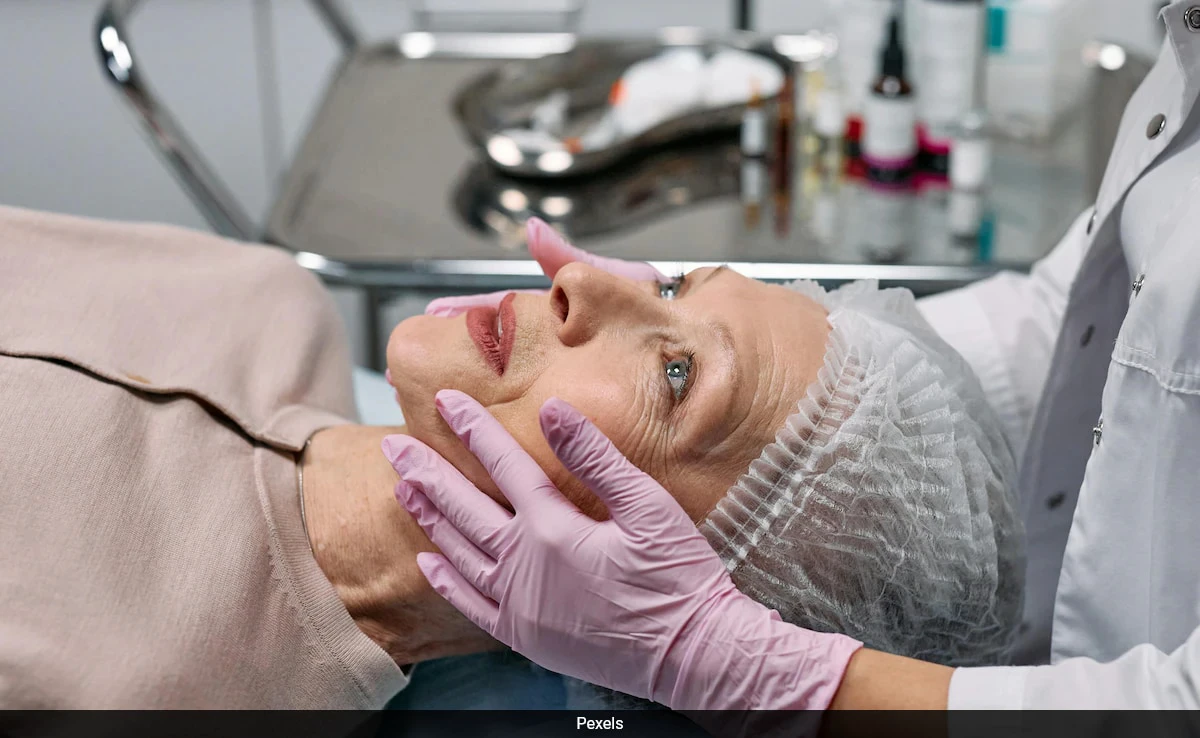Artificial intelligence is moving beyond writing code, generating images, or composing music; it’s now venturing inside our cells.
In a groundbreaking announcement, OpenAI revealed a collaboration with Silicon Valley startup Retro Biosciences that led to the creation of GPT-4b micro, a specialised AI trained exclusively on protein sequences, biological literature, and 3D molecular structures.
Unlike traditional chatbots, GPT-4b micro was engineered to redesign proteins central to regenerative medicine. Researchers deployed the system on a bold challenge: rethinking the Yamanaka factors, a set of proteins awarded the Nobel Prize for their ability to reprogram adult cells back into stem cells.
In a tthe OpenAI said, “We are excited to share that we’ve successfully leveraged GPT-4b micro to design novel and significantly enhanced variants of the Yamanaka factors, a set of proteins which led to a Nobel Prize for their role in generating induced pluripotent stem cells (iPSCs) and rejuvenating cells. They have also been used to develop therapeutics to combat blindness (opens in a new window), reverse diabetes (opens in a new window), treat infertility (opens in a new window), and address organ shortages (opens in a new window).”
“In vitro, these redesigned proteins achieved greater than a 50-fold higher expression of stem cell reprogramming markers than wild-type controls.”
The results stunned both teams. AI-generated variants of these proteins vastly outperformed the originals in laboratory tests. Cells exposed to the redesigned factors showed 50 times higher expression of stem cell markers and repaired DNA damage markedly faster. In essence, the AI-created proteins made aged cells behave as if they were young again, a major stride toward therapies that could one day delay, or even reverse, aspects of human ageing.
For longevity research and regenerative medicine, this marks a pivotal moment where AI is no longer simply a tool for analysis but a co-creator of biological breakthroughs.
